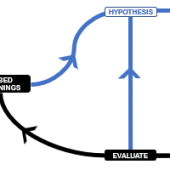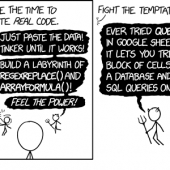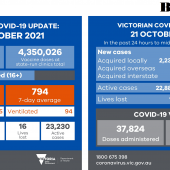Data flows in businesses the way blood flows in human bodies. Or, streamflow of water.
It is pervasive and multifaceted.
Thus, there are various entry points to the practice of data and a vast array of specialisations one can choose to master. Some spend years learning the art of transforming data, or jobs orchestration, or puzzling data integration for maximum reuse, or creating an engaging data visualisation, so on and so forth. All worthwhile learnings and experiences.
Yet from my experience moving around the various facets of data lifecycle and the many sleepless nights I’ve spent thinking about how to cultivate high performing data team in businesses, I’d suggest that there is one key determining factor to interview for, in search of great data practitioners. Especially in today’s world of rapidly changing broad integrating systems.
Heightened interest for the system.
Systems thinking is a holistic approach to analysis that focuses on the way that a system’s constituent parts interrelate and how systems work over time and within the context of larger system.
WhatIs.com
Take the case of Luey, a senior data engineer, having spent many years pursuing optimum data integration. He updated a configuration table and the (not so robust) system was halted. Upon review, no change record was created. He argued that the change made was config change, only pausing when asked, “what will the change in the config table do?” The config table was conveniently setup to orchestrate data movement, and Luey accidentally attempted to move the largest table to an area with not enough space.
A great data practitioner must be interested in awareness of the whole system that it travels, for effectiveness. It can be delegated or shared but cannot be absent. It is a non-negotiable practice to adopt for greatness in data practice.
Curiously, have you seen this in practice?







